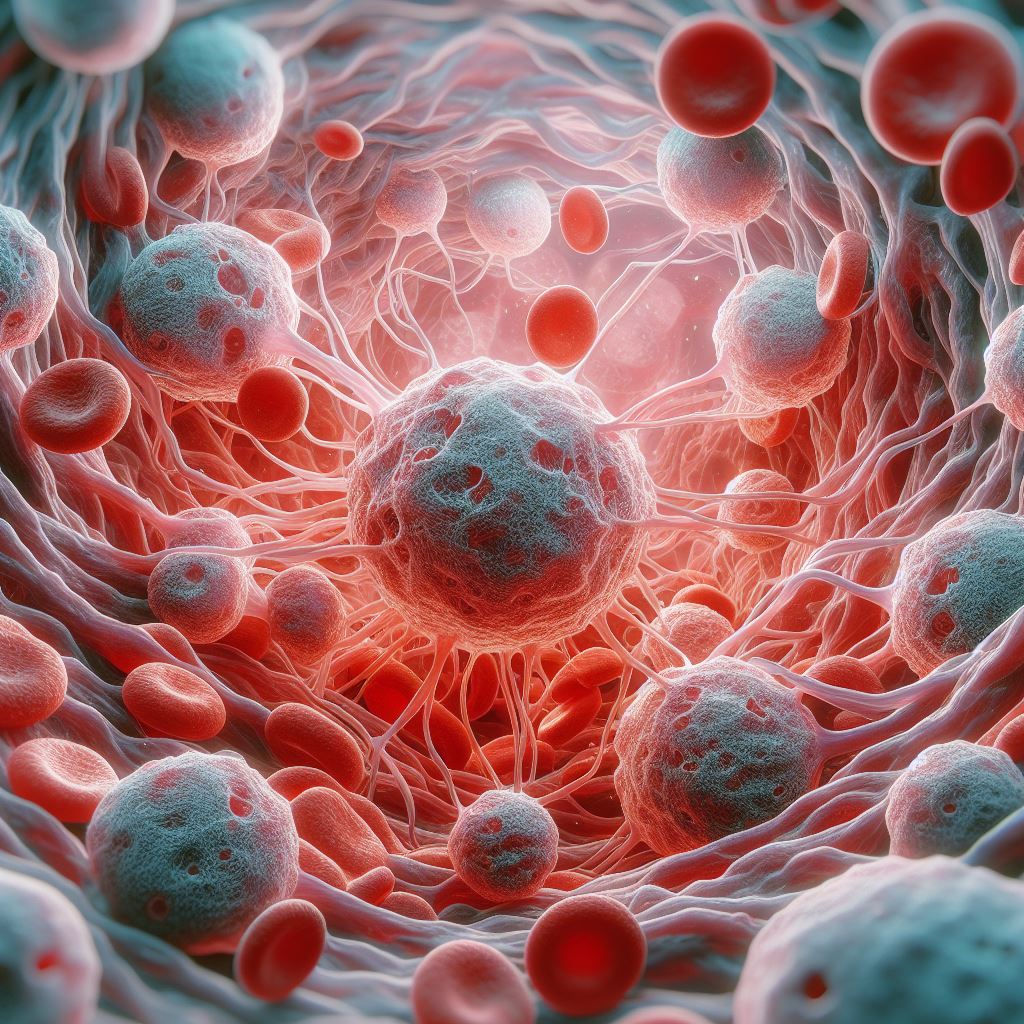In mice, an experimental therapy derived from a plant virus effectively prevents a wide variety of metastatic tumors, according to a recent University of California, San Diego research.
The treatment, which consists of nanoparticles made from the virus that infects black-eyed pea plants, or cowpea mosaic virus, has demonstrated remarkable success in boosting survival rates and slowing the growth of metastatic tumours in a variety of cancer models, including breast, colon, ovarian, and melanoma. When the medication was given to mice whose tumours had been surgically removed, similar results were also shown.
Their findings were published in the journal Advanced Science.
Nicole Steinmetz, a professor of nanoengineering at UC San Diego, head of the Centre for Nano-ImmunoEngineering and co-director of the Centre for Engineering in Cancer, has conducted earlier research that is built upon in this current work. Cowpea mosaic virus nanoparticles have been used by Steinmetz and colleagues to stimulate the immune system to combat cancer and stop it from spreading and coming back. To elicit an immunological response, the plant virus nanoparticles were first injected directly into tumours in trials. The virus is not contagious in animals, but the body’s immune cells still identify it as alien, which mounts a powerful defence against the current tumour and any more that may arise.
It is now demonstrated by Steinmetz and colleagues that the plant virus nanoparticles can function even when not injected directly into tumours. The systemic administration of the nanoparticles increased survival rates and prevented metastasis in a variety of cancer types.
Here, we do not treat established tumors or metastatic disease—we prevent them from forming. We are providing a systemic treatment to wake up the body’s immune system to eliminate the disease before metastases even form and settle.
Nicole Steinmetz
The researchers cultivated black-eyed pea plants in the lab and infected them with cowpea mosaic virus to create the nanoparticles. The virus was produced and collected in millions of copies as ball-shaped nanoparticles, which didn’t need to be altered at all before being used in tests.
The colon, ovarian, melanoma, and breast cancer mice models were used by the researchers to evaluate the treatment’s effectiveness. In comparison to mice who were not given treatment, animals that received an injection of cowpea mosaic virus nanoparticles and were then presented with metastatic tumours a week later showed better survival rates and slower tumour progression. The treated animals showed identical results even when they were confronted with fresh tumours one month later.
The success of the therapy after surgery has the researchers quite happy. In an additional series of trials, the administration of nanoparticles following surgical tumour excision led to increased survival rates and reduced tumour recurrence in mice.
Even if you perform surgery to remove the tumors, no surgery is perfect and there is outgrowth of metastasis if no additional treatment is provided,
Here, we use our plant virus nanoparticles after surgery to boost the immune system to reject any residual disease and prevent circulating tumor cells from metastatic seeding. We found that it works really, really wells
Nicole Steinmetz
Source: UC Sang Diego
Journal Reference: Chung, Young H., et al. “Systemic Administration of Cowpea Mosaic Virus Demonstrates Broad Protection Against Metastatic Cancers.” Advanced Science, p. 2308237, https://doi.org/10.1002/advs.202308237.
Last Modified:







